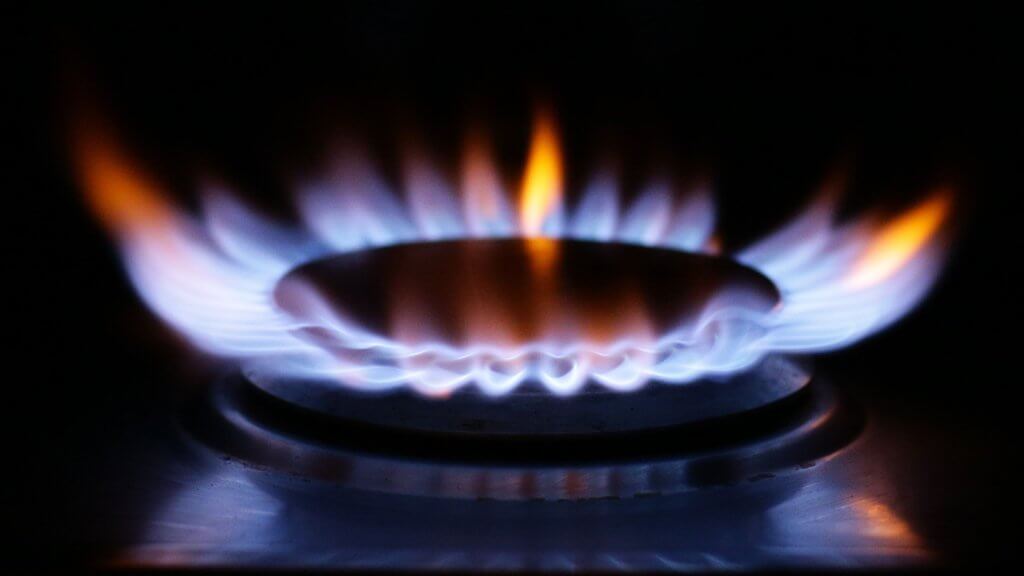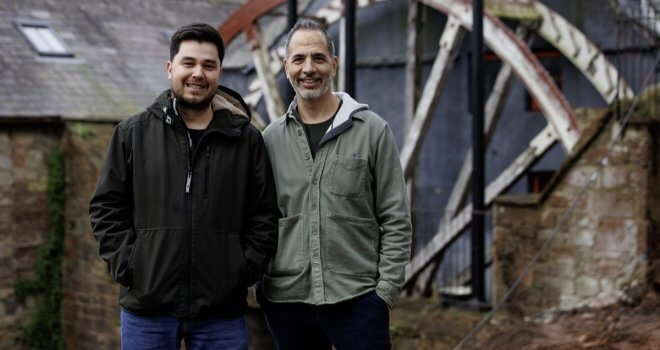Plan For Retiring Gas Network ‘Desperately Needed’ As UK Shifts To Clean Energy

A plan for funding and retiring the UK’s gas network is “desperately needed” as the country shifts towards clean energy, experts have said.
The UK Energy Research Centre (UKERC) has backed the Government’s mission to achieve clean power by 2030, which Labour said last week would mean at least 95% low-carbon electricity by the end of the decade.
But in its annual review of energy policy, UKERC warned clean power by 2030 is just a first step towards a wider vision of clean energy – including for heating and industry – in the 2030s and beyond.
The researchers said gas infrastructure will remain key to energy security for the coming years, but faces decline as Britain moves to renewable power and clean home heating systems to cut greenhouse gas emissions to zero overall by 2050.
An estimated £3 billion “and counting” of capital investments in gas pipelines is scheduled to be recovered from bill payers after 2050 – when there will be no customers left on the network, the report warns.

In the coming years, network costs will be split between a dwindling number of customers, pushing up prices – with vulnerable people such as renters and low-income households least able to make the shift away from gas.
It could cost as much as £29 billion to disconnect customers from the gas network and £25 billion to physically decommission the pipelines, the report warned.
A “whole system plan for the retirement of the network is desperately needed” with decisions on the technology mix for home heating, clarity on boiler phase-out dates, the role of hydrogen, and even potential nationalisation of the network, a report from the research centre said.
UKERC warned it is essential to address how gas infrastructure will be funded in future, and to carefully and strategically plan the transition away from the fossil fuel.
The report also said the challenge of meeting the 2030 goal should not distract from the even larger challenges of the following decades, when the whole power system needs to expand as people switch to electric heating and cars and new infrastructure will be needed.
It called for measures to ensure the energy transition delivers for vulnerable consumers faced with high fuel prices, with adequate funding for the Government’s warm homes plan, delivery of insulation and reforms to the electricity market to deliver affordable energy for lower income households.
And with half of industrial energy consumption still provided by fossil fuels, an industrial strategy with a strong focus on decarbonisation is needed, and protection of nature should be at the heart of the energy transition, it said.
Professor Robert Gross, director of UKERC, said: “The clean power mission is a bold and commendable step that is part of a larger, long-term vision for sustainable and affordable home-grown energy, based largely on the UK’s fantastic renewable resources.
“The 2030 target is one milestone on the road to achieving the UK’s commitment to an 81% reduction in greenhouse gas emissions by 2035, and net zero 2050.
“Achieving this will require co-ordinated efforts across the entire energy system.”
Dr Jess Britton, co-director of UKERC, added: “The energy transition must not leave anyone behind.
“Ensuring that vulnerable communities share in the benefits of this transition is a moral and practical imperative.
“Focusing on energy efficiency, targeted support and inclusive policies will help address inequalities and ensure everyone has access to cleaner, cheaper, and warmer homes.”
A Department for Energy Security and Net Zero spokesperson said: “Every family and business has paid the price of rocketing energy bills because previous governments failed to invest at scale over many years in the clean, secure home-grown power our country needed, so we have been left exposed to volatile international fossil fuel markets.
“The government has a plan to make Britain a clean energy superpower so we can end our energy insecurity.
“As shown by National Energy System Operator’s independent report, clean power by 2030 is achievable and will deliver a more secure energy system, which could see a lower cost of electricity and lower bills.”




